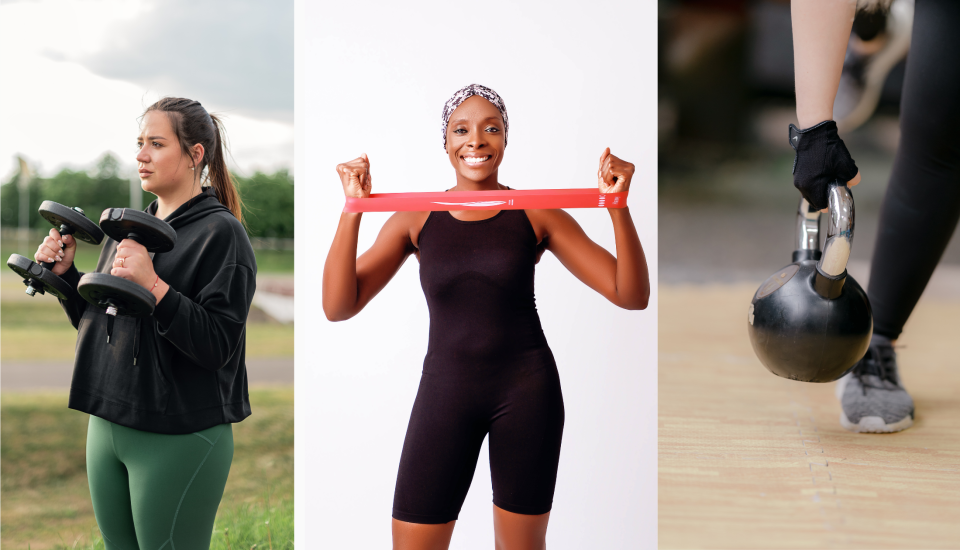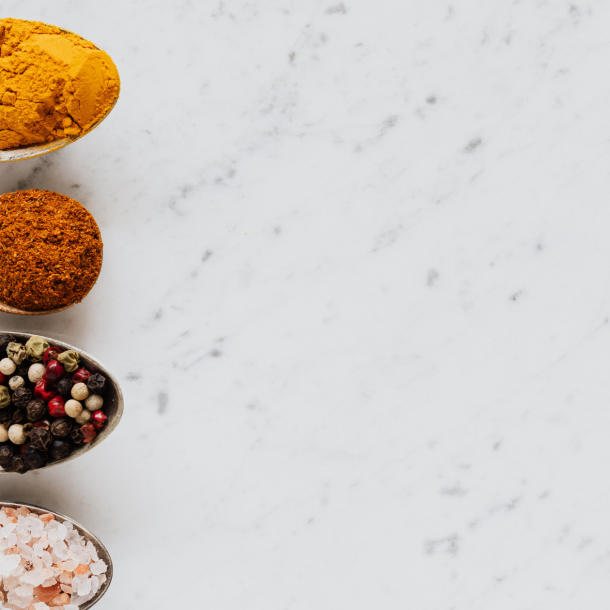When I decided to tweak my diet in 2020, weight loss wasn’t the goal. The goal was to eat for better health. I had read many materials (books, articles) and taken courses on nutrition that let me know there was room for improvement. It would take a trip to the market where I saw the scariest-looking chicken in the middle of the pandemic to set this journey in motion.
I was pleasantly surprised to lose 4kg of weight (body fat) in a few months. I was equally astonished that I didn’t have to give up my favourite Nigerian foods. However, I ate them differently. While maintaining the same foods, I changed the frequency and portions to align with eating cleaner for better health.
This experience also removed all doubts and reaffirmed that weight loss is achievable on a 100% Nigerian diet. I discovered that while we had an abundance of healthful foods in our environment, our diet could be more diversified. In this article, I will share how I achieved body fat loss in a short time while eating 100% Nigerian foods. First, let me introduce the different categories of food.
There are three main categories of food.
1) Minimally Processed
2) Highly Processed
3) Whole Foods
Minimally processed foods have been slightly altered for the primary purpose of preservation, but which does not substantially change the nutritional content of food, like unsweetened yoghurt, frozen fruits, homemade granola etc. Highly processed foods are re-engineered foods.
They usually contain high sodium, sugars, or fats. From artificial colours to other chemical additives, it’s impossible to identify their natural state; some examples are soda, store-bought biscuits, quick-cooking noodles, white rice, etc. Whole Foods are foods whose natural state is identifiable.
These foods aren’t packaged in a box and have no list of ingredients. Think of them as perishables. Examples are all fruits and vegetables, yams, sweet potatoes, plantain, beans, and more. The first thing I did was to cut down on my rice and spaghetti consumption. I now realise they are highly processed foods.
Before 2020 they were an integral part of my diet, and I consumed them in all forms. It was either with stew or made into a Jollof-style mix. I diversified into sweet potatoes, plantain and beans. These contain fiber and other nutrients our bodies need to thrive; they are also digestion-friendly.
The second thing I did was to include fiber from fruits and vegetables in my meals daily. Before this time, I had gotten most of my vegetables from our local soups (usually overcooked). Now, I buy green vegetables like green (as it’s popularly called) and steam them with some spices. I replaced some of my rice meals with steamed vegetables.
For fruits, I choose any two fruits in season and eat two servings of them. Thirdly, I cut off soda. I used to drink sodas anytime I felt like it, with no thought given to its consequences. Sodas are high in calories with no nutritional value. I discovered that some sodas have as much as 12 teaspoons of sugar in a 500ml drink. Do you know how drinking 12 teaspoons of sugar affect your blood sugar levels? I swapped sodas for water and fruit smoothies.
Fourthly, I cut down on my animal protein consumption. As a Nigerian, this was probably the most difficult one. My decision resulted from several pieces of research on the negative impact of high consumption of animal protein. I discovered that the healthiest diets worldwide didn’t consume animal protein as I did.
I introduced meatless days to my diet, three times a week where I eat beans and plantain or sweet potatoes and a vegetable sauce (some would call it vegan). Beyond weight loss, I had so much energy that I made 10km runs a part of my lifestyle. It’s been over two years since adopting this eating pattern, and I am still enjoying high level energy & physical strength. Many people applaud my athleticism, and I let people know the same is possible for anyone who embraces fitness as a lifestyle.
I still take soda, mostly at events, but it’s not a part of my lifestyle. I also eat highly processed foods like 2 mins noodles because it’s convenient. Healthy eating isn’t about perfection; it’s about eating more healthful than harmful foods. To put a percentage to it, 70/30. I encourage people to learn about what is healthy and what isn’t so they can take control of their health and fitness, which is why I simplify diet education.
Research proves that if a large percentage of your diet comes from processed foods, you are likely overfed but undernourished. The change in our diet over the last several years (more highly processed foods) has contributed to high numbers of obesity and the onset of non-communicable diseases like heart disease, type 2 diabetes, hypertension, etc. Do a food audit, identify which category of food you consume the most, and make the necessary adjustments needed.
The more Whole Foods in your diet, the healthier you will be, which keeps non-communicable diseases at bay. And you also keep your weight in check (isn’t that the dream?). I have helped several women improve their health and fitness through a healthful diet, and I can do the same for you too.
You can book my diet improvement consultation today and begin your journey to better health and wellness.
Thank you for reading
Comment. Share.



